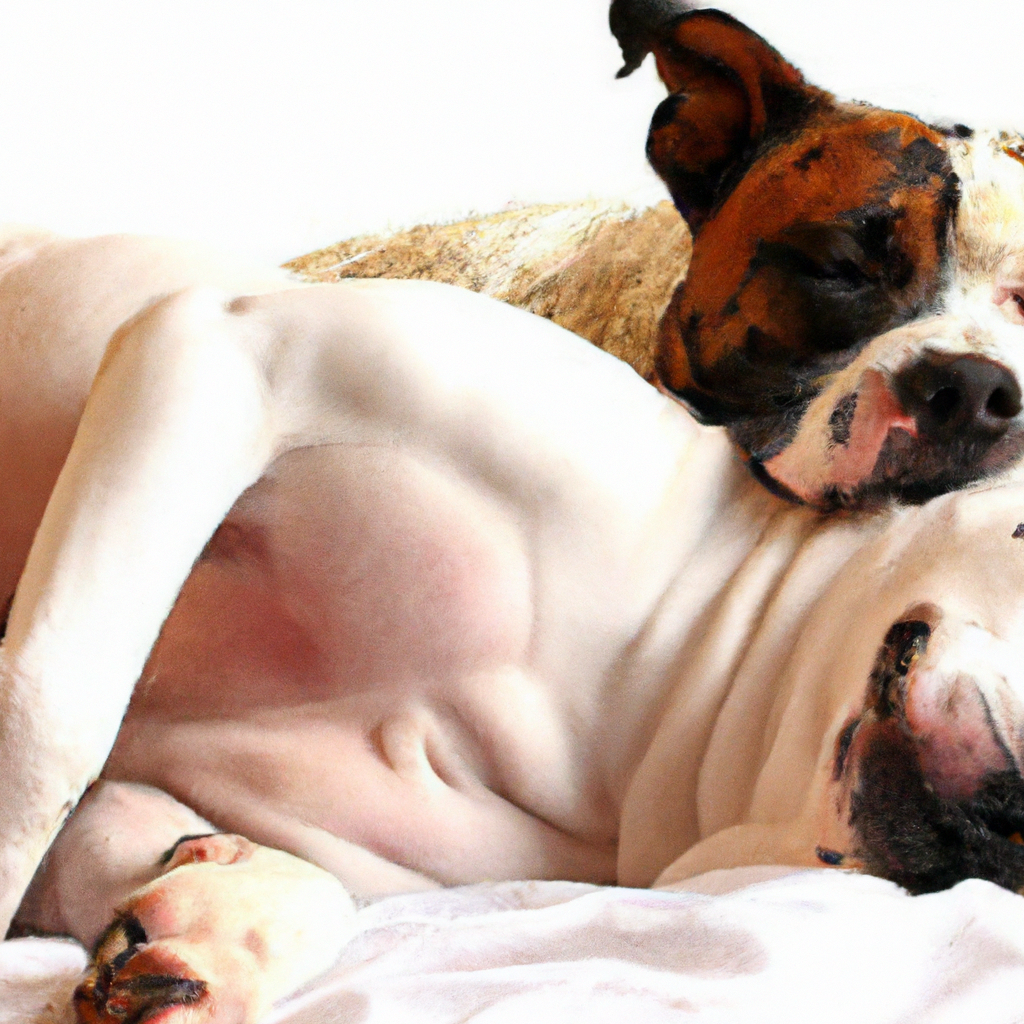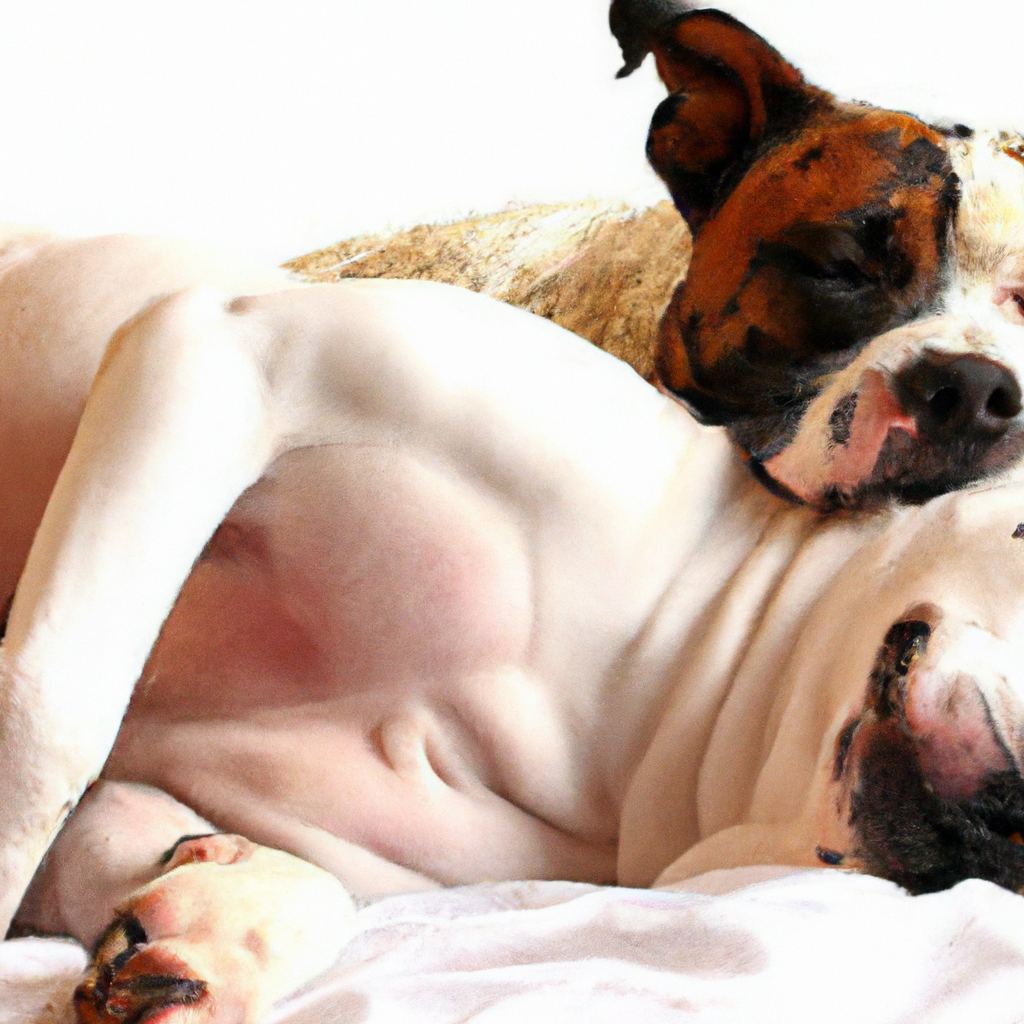Planning a vacation with your furry friend? Before you make those hotel reservations, it’s important to consider the breed restrictions that pet-friendly hotels might have. While many hotels welcome pets with open arms, certain breeds may be subject to restrictions or limitations due to various factors. In this article, we will explore the common breed restrictions that you should be aware of to ensure a stress-free and enjoyable stay for both you and your beloved companion. So, let’s dive in and discover what breed restrictions pet-friendly hotels might have!
Breed Restrictions for Pet Friendly Hotels
When it comes to finding accommodations that welcome your furry friend, it’s essential to be aware of the breed restrictions that certain pet-friendly hotels may have. While many hotels are happy to accommodate pets of all shapes and sizes, some establishments have specific policies regarding certain breeds. Understanding these restrictions will ensure a smooth and hassle-free stay for both you and your beloved pet.
Reasons for Breed Restrictions
There are several reasons why pet-friendly hotels implement breed restrictions. It’s important to keep in mind that these policies are not meant to discriminate against specific breeds but rather to ensure the safety and comfort of all guests. Some common reasons for breed restrictions include:
Liability Concerns
Hotels have a responsibility to prioritize the safety of all their guests. Certain breeds may have a reputation for being more aggressive, making them potentially risky to other guests or hotel staff. To mitigate any potential liability issues, some hotels choose to impose breed restrictions.
Allergies
While many people enjoy the presence of pets, some individuals may have allergies to certain breeds. To maintain a comfortable environment for all guests, hotels may choose to restrict breeds that are known to trigger allergies.
Noise and Disturbances
Some breeds are naturally more vocal or energetic, which can result in noise disturbances for other guests. To ensure a peaceful and relaxing experience for all, hotels may implement breed restrictions to minimize noise disruptions.
Size and Space Limitations
Smaller hotel rooms or limited outdoor areas may not be suitable for larger breeds. To prioritize the comfort and wellbeing of both pets and guests, some hotels may have size restrictions to ensure that there is enough space for everyone.
Damage to Property
Certain breeds may have a tendency to chew, scratch, or otherwise damage hotel property. In order to maintain the pristine condition of their accommodations, hotels may impose breed restrictions to minimize the risk of property damage.
Common Breed Restrictions
While the specific breed restrictions may vary from hotel to hotel, there are some breeds that are commonly restricted across establishments. These restrictions often apply to breeds that have a reputation for being aggressive or larger in size. Some breeds commonly restricted by pet-friendly hotels include:
Aggressive Breeds
Breeds that are known for their aggression, such as Pit Bulls, Rottweilers, and Doberman Pinschers, are often subject to breed restrictions. This is to ensure the safety of other guests and to minimize any potential liability issues.
Large Breeds
Some hotels may have weight or size restrictions, making it more challenging for larger breeds to find suitable accommodations. Breeds such as Great Danes, Mastiffs, and Saint Bernards are commonly affected by these restrictions.
Guard Dog Breeds
Certain breeds that are historically bred for guarding purposes, like German Shepherds and Akitas, may be subject to restrictions due to their protective instincts.
Banned Breeds
In some cases, hotels may have a blanket ban on certain breeds due to local restrictions or insurance policies. These bans can vary depending on the region and the hotel’s specific policies.
Mixed Breeds
It’s important to note that breed restrictions may also apply to mixed breeds or any dog with characteristics resembling those of a restricted breed. Hotels often base their restrictions on visual identification, increasing the chances of mixed breed dogs being subject to these policies.

Alternative Options for Restricted Breeds
If you are traveling with a breed that is commonly restricted by pet-friendly hotels, there are alternative options available that can still provide a comfortable stay for both you and your beloved pet. Consider the following alternatives:
Pet-Friendly Vacation Rentals
Vacation rentals, such as Airbnbs or privately-owned properties, often have more lenient pet policies compared to hotels. Many of these accommodations welcome pets of all breeds, giving you and your furry friend a home-away-from-home experience.
Pet-Friendly Campgrounds
If you and your pet enjoy the outdoors, consider staying at a pet-friendly campground. These establishments often have spacious areas for pets to roam, making them an excellent option for larger breeds or energetic dogs.
Boarding Kennels
If you are unable to find suitable accommodations for your restricted breed, boarding kennels offer a safe and comfortable environment for your pet. These facilities have experienced staff who can cater to the unique needs of your furry friend.
Pet Sitters
Another option to consider is hiring a pet sitter who can take care of your pet in your absence. This allows you to explore your destination freely while ensuring your pet is well taken care of.
Safety Measures for Pet-Friendly Hotels
Pet-friendly hotels take certain safety measures to ensure the wellbeing of your pet and the comfort of all guests. These measures include:
Secure Pet-Friendly Areas
Hotels may have designated areas specifically for pets, such as outdoor exercise spaces or walking trails. These areas are often securely fenced to prevent pets from wandering off or accessing non-pet-friendly areas.
Pet Etiquette Policies
To maintain a pleasant environment for all guests, hotels may have pet etiquette policies in place. These policies typically request that pets be kept on leashes in common areas and that pet waste is promptly cleaned up.
Pet Supervision and Control
Hotels may require that pets be under the supervision and control of their owners at all times. This helps ensure the safety of both the pet and other guests, preventing any potential accidents or disturbances.
Emergency Procedures for Pets
In the event of an emergency, hotels should have protocols in place to address the needs of pets. This may include providing emergency veterinary contact information or having designated pet-friendly evacuation procedures.

Hotel Policies for Pets
Pet policies can vary from hotel to hotel, so it’s important to familiarize yourself with these policies before making a reservation. Some common policies for pets include:
Pet Weight and Size Limits
Hotels may impose weight or size limits for pets, ensuring that the accommodations can comfortably accommodate both pets and their owners.
Maximum Number of Pets
To maintain a harmonious environment, hotels often have a maximum number of pets allowed per room. This ensures that there is enough space for all guests, both human and furry.
Leash and Containment Requirements
Hotels generally require pets to be on a leash or contained in a carrier when in common areas. This helps ensure the safety and security of all guests.
Vaccination and Health Certificate Policies
To protect the health of all pets and guests, hotels may require proof of up-to-date vaccinations and health certificates for pets. This helps prevent the spread of diseases and ensures that pets are in good health during their stay.
Pet Check-in and Check-out Procedures
Hotels may have specific check-in and check-out procedures for pets, including the completion of pet registration forms or providing emergency contact information for the duration of the stay.
Hotel Amenities for Pets
Many pet-friendly hotels go the extra mile to provide amenities that cater to the needs and comfort of pets. Some common amenities include:
Pet-Friendly Rooms or Floors
Some hotels offer dedicated pet-friendly rooms or entire pet-friendly floors. These accommodations often have special features to ensure the comfort of pets, such as easy access to outdoor areas or pet-friendly furniture.
Outdoor Pet Exercise Areas
To allow pets to stretch their legs and burn off some energy, hotels may provide outdoor exercise areas specifically designed for pets. These areas often have secure fencing and may include features like agility equipment.
Pet Waste Stations
Hotels often provide convenient pet waste stations equipped with waste bags and disposal bins. This encourages pet owners to clean up after their furry friends and helps maintain a clean and hygienic environment.
Pet Grooming Services
Some hotels offer pet grooming services or have partnerships with local groomers. This allows guests to pamper their pets and ensure they look and feel their best during their stay.

Pet Fees and Deposits
It’s common for hotels to charge additional fees or require deposits for guests traveling with pets. These fees are typically used to cover any additional cleaning or potential damages that may occur during the stay. The most common types of pet fees and deposits include:
Non-Refundable Pet Fees
Non-refundable pet fees are one-time charges that are not refundable, regardless of any damages or cleaning requirements. These fees are usually a fixed amount and are charged per pet.
Refundable Pet Deposits
Refundable pet deposits are charges that are refundable upon check-out, assuming no damages or additional cleaning is required. These deposits are usually held in case of any unpredictable incidents.
Additional Cleaning Charges
If the hotel incurs additional cleaning costs as a result of a pet’s stay, guests may be responsible for covering these expenses. This typically applies to excessive shedding, odors, or any damage caused by the pet.
Pet-Friendly Room Features
To ensure the utmost comfort for pets, some hotels offer specific features in their pet-friendly accommodations. These features may include:
Pet Beds and Bedding
Pet-friendly rooms may come equipped with comfortable pet beds and bedding, providing pets with a cozy place to rest and relax.
Food and Water Bowls
To make feeding your pet more convenient, some hotels provide food and water bowls in their pet-friendly rooms. This saves you from having to pack additional bowls for your furry friend.
Pet-Friendly Furniture
Pet-friendly rooms may feature furniture that is designed to withstand the activities of pets, such as scratch-resistant materials or easily cleaned surfaces.
Pet-Friendly Flooring
To minimize the risk of damage or accidents, pet-friendly rooms often have flooring that is more resistant to stains and scratches. This ensures the longevity of the accommodations while providing an optimal environment for pets.

Pet-Friendly Hotel Chains
If you frequently travel with your pet, it can be helpful to know which hotel chains consistently provide pet-friendly accommodations. Some popular pet-friendly hotel chains include:
- [Hotel A]
- [Hotel B]
- [Hotel C]
These hotel chains have established pet policies and often provide a variety of amenities to cater to the needs of pets and their owners. It’s always advisable to check with the specific location of your choice to ensure their pet policies meet your requirements.
Tips for Traveling with Pets
Traveling with pets can be an exciting and enjoyable experience, but it requires proper preparation and consideration. Here are some tips to make your journey with your furry friend as smooth as possible:
Advanced Booking and Research
Book your accommodations well in advance and ensure that they are pet-friendly. Research the specific pet policies and any additional fees or requirements before making a reservation.
Arrival Preparation
Bring all necessary pet supplies, including food, water, bowls, medication, bedding, toys, and waste bags. Familiarize yourself with the nearest veterinary clinics or emergency services at your destination.
Pack Essential Pet Supplies
When packing for your pet, don’t forget to include essentials such as their leash, collar with identification tags, harness (if needed), grooming supplies, and any necessary medications.
Keep Your Pet’s Routine
Try to stick to your pet’s regular routine as much as possible while on the road. Maintaining consistent feeding, exercise, and bathroom schedules can help reduce any stress or discomfort they may experience.
Ensure Pet’s Identification
Make sure your pet is wearing a collar with up-to-date identification tags, including your contact information. Consider microchipping your pet as an added layer of identification.
Behavioral Training for Travel
Ensure your pet is well-behaved and trained before embarking on your trip. This includes being comfortable in a crate or carrier and following basic commands such as “sit,” “stay,” and “come.”
Consideration for Other Guests
Be mindful of other guests when staying in pet-friendly accommodations. Keep noise levels down and clean up after your pet promptly to maintain a respectful and enjoyable environment for all.
Responsible Pet Ownership
Above all, practice responsible pet ownership throughout your journey. This includes respecting hotel policies, being attentive to your pet’s needs, and ensuring their safety and wellbeing at all times.
By understanding breed restrictions, being aware of hotel policies, and following these helpful tips, you can ensure a pleasant and stress-free experience when traveling with your beloved pet. Remember, there are always alternative options available if your chosen accommodations have breed restrictions, allowing you and your furry friend to enjoy your adventures together.



